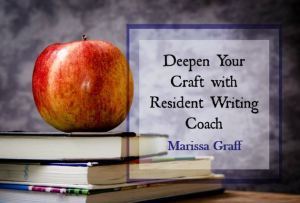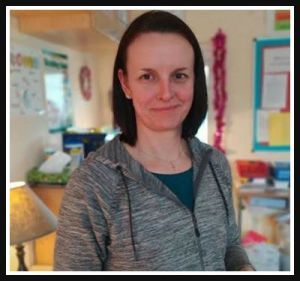Opening Scenes: 3 Critical Elements

One of the most common questions I get as an editor is, ���Am I starting my novel in the right place?��� Let���s discuss how you can craft an opening that subtly shows you are, in fact, starting in the right place and feel confident about your choice.
We often think we need to open with a huge bang, something that���ll catch the reader���s attention and play out like a blockbuster movie. But here���s the thing about those high-powered opening scenes: readers don���t care because they don���t yet know the characters or the baggage they bring onto page one. Readers don���t know what the events mean for the characters, or what���s at stake for them.
There���s no doubt it���s difficult to balance establishing the protagonist���s ordinary world, or before, while hooking readers. Ordinary world sounds boring, right?

But the trick to establishing your protagonist���s ordinary world and crafting a successful opening scene isn���t in impressing your reader as much as you think it is. The trick is in crafting an interesting event that somehow impresses your protagonist. To do that, we need enough of a glimpse of their before to understand how whatever happens toward the end of your opening will change their lives.
Think of your opening as having 3 parts:
Let us meet your protagonist. We need a clear understanding of who they are and what they believe about their world when we meet them. Preferably, this is done through interesting action and dialogue. Meaningful action that will reveal something about their current beliefs and personality. Think of protagonist Katniss in��The Hunger Games, waking up to find she���s alone in her bed when typically, her younger sister is beside her. Her immediate concern flares in the form of dialogue and action. We become acquainted with Katniss on a deep level before she steps foot into the arena, and all she���s done is wake up. No car chases. No mythical beings showing up. Just normality with an interesting twist.The primary external event toward the end of your opening scene leads to a noticeable turn. The ���turn������ or the “opportunity,” as it’s called in the One Stop for Writers’ Story Mapping tool���is the moment the opening���s main event impacts the protagonist and leads to a decision of some sort. In light of establishing your character���s ordinary world, your reader will better understand the context and meaning of this new event. So going back to The Hunger Games, the turn is when Katniss��� younger sister���s name is called to become a tribute in the games. It���s the moment that forces Katniss to make some sort of a decision. By then, we know Katniss��� primary goal is to protect her sister (ordinary world) and that this ���turn��� will force her hand. And because we felt Katniss��� reaction to feeling that cold spot in the bed where her sister should have been, the event of having her name called has context. We already know what Katniss cares about and why, which makes the event far more engaging.��The external event needs to have a clear impact on your character, but only in a way that shows who they currently are and that more than likely, they���re not ready yet for any remarkable changes. Maybe the protagonist is choosing to ignore what���s happening, or choosing to stay on the path they���ve been on since before we met them, or behaving in a way that reinforces who we���ve met so far. In The Hunger Games, Katniss makes a����decision to volunteer in place of her sister. It sounds dramatic, but this is actually not far-fetched based on what we know about her. She���s done something that reinforces the protectiveness she showed on page one. Here, you���ll want a reaction to establish your character���s reaction to events, but nothing so drastic that they seem to be changing already. There���s something going on in their lives that is new to��them, but they probably perceive their world as still being within their control.Take a look at your story���s opening and see if you���ve included these three components of a successful opening scene. Is there a particular aspect you find stands out strongly in your pages? Do any of these aspects need polishing? What other elements of a novel���s opening do you look for as both a writer and reader? Can you think of examples in books or film or TV that accomplish these three elements particularly well?
Happy crafting!
 Marissa GraffResident Writing Coach
Marissa GraffResident Writing Coach
Marissa has been a freelance editor and reader for literary agent Sarah Davies at��Greenhouse Literary Agency��for over five years. In conjunction with��Angelella Editorial, she offers developmental editing, author coaching, and more. Marissa feels if she���s done her job well, a client should probably never need her help again because she���s given them a crash-course MFA via deep editorial support and/or coaching.
Website | Twitter | Instagram | Facebook
The post Opening Scenes: 3 Critical Elements appeared first on WRITERS HELPING WRITERS��.
Writers Helping Writers
- Angela Ackerman's profile
- 1014 followers



